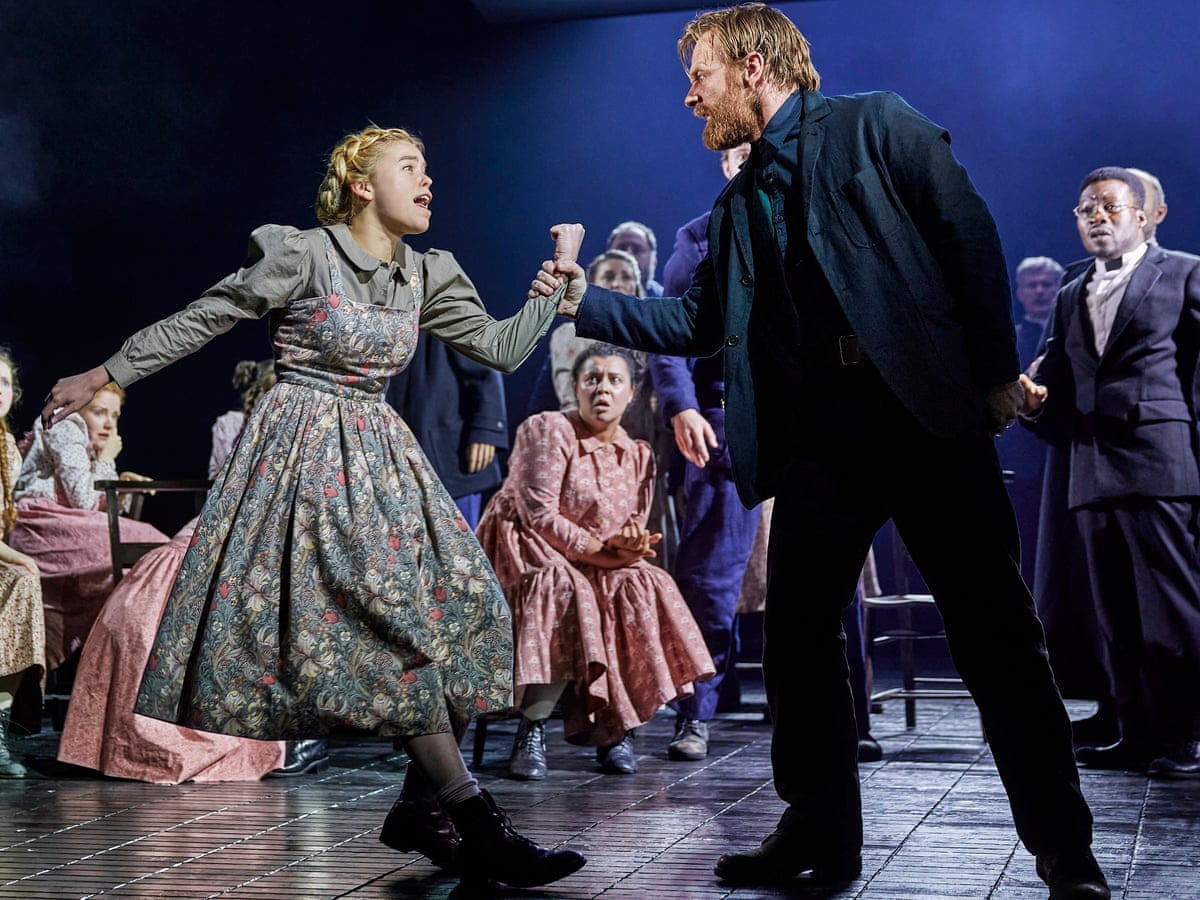The Crucible: that feeling when you're rooted to the spot...
The Crucible: a play for audiences
The powerlessness of the audience is not a radical concept. The very role of an audience is to sit quietly and simply watch, then reflect on the events when all is said and done. Audiences, in this way, have no agency over the events on stage; they can only watch.
The Crucible is a difficult play to watch for many reasons. It deals with uncomfortable themes and events, including capital punishment and the miscarriage of justice, and its presentation and use of the Christian faith are also challenging. Witchcraft and religion become entangled with justice and community. Power slinks from one person to another as if on a whim of its own. We never know who we can trust, what decisions the characters might make, how information might be interpreted. There is no line between truth and lies, only between what people believe. In other words, the play can be desperately confusing.
But The Crucible is also difficult to watch because it makes us painfully aware of the ways in which we, the audience, are merely spectators. We are powerless to intervene, to say a word on anyone’s behalf, to stop the irrational path of destruction unfolding before our eyes.
Arthur Miller’s play is genius because it does not allow its audience to sit idly and enjoy our escapism whilst the action goes on. In fact if you watch this play for merely pleasure you’ve completely missed the point. Instead, The Crucible forces us to think about the space we occupy and what power we might have. We are simply an audience; we can do nothing. But we must do something.
We find ourselves aligning our powerlessness with that of the characters on stage, unable to fight for their own justice, unable to speak their minds freely without fear of persecution. Now we have seen - no, we have felt - how it feels to have no power, to be able to sit and watch lives unravel before our very eyes. And when we leave the theatre a compulsion sits heavy in the chest. It is, I think, the compulsion to speak up, to take a stand, to fight back. Against what, I don’t know, but there’s no denying the anger this play awakens.
McCarthyism and fear are the ghosts which haunt this play. But whilst it’s important to appreciate the play in its own context, there seems to be a bigger project at work here. None of us are passive spectres on this earth, and if some amongst our number do not have the power to defend themselves, perhaps The Crucible teaches us that if we have such power, we cannot waste it.
Miller’s play is genius not only for its complex allegory, its political and theological nuance, or its devastating tragedy. The Crucible is genius because alongside those things, it tries to teach us empathy. It uses the very bedrock of what it means to be an audience, to be a mere spectator, and it forces us to examine our power by stripping us of any power at all. We cannot protest, shout, scream; we can only watch.



Comments
Post a Comment